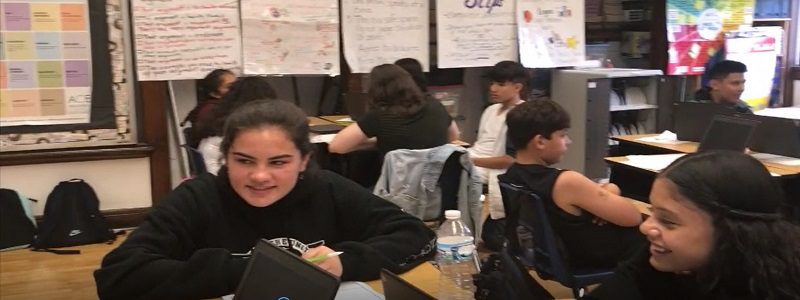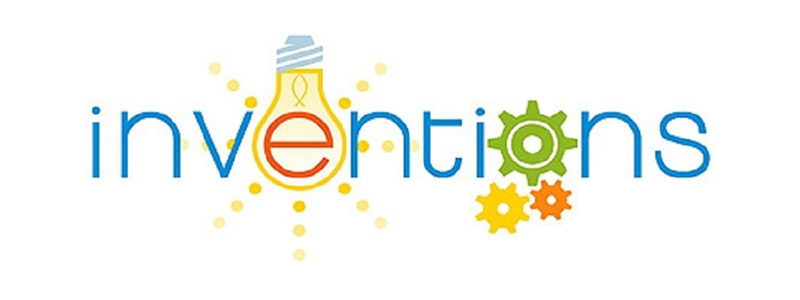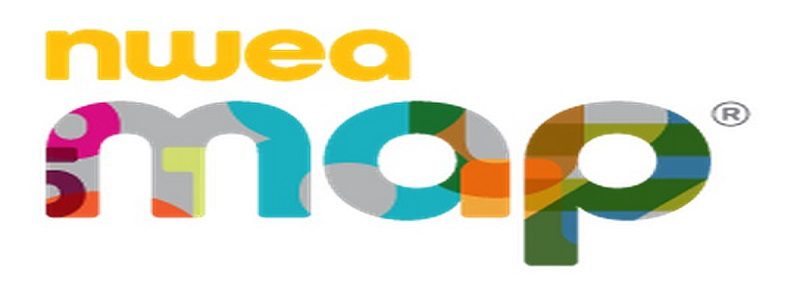Video Look into Representative MS Classroom Debates this Spring
All of the Argument-Centered Education partner middle schools have implemented classroom debating projects this spring semester and I can honestly say that all had verified successes, in some of the same and in some varying ways. The Helen C. Peirce School of International Studies conducted classroom debates in several grade levels; we captured some of the 7th grades table debates in different classes, led by different teachers, and I wanted to share them to demonstrate how representatively successful implementation of MS argument-centered unit can culminate.
The SAT Essay: An Argument-Centered Strategy
Overview
Taking an argument-centered approach to preparing for and to writing the SAT Essay may seem like a no-brainer. After all, the prompt, which is always the same, asks you to explain how a passage’s author builds their argument, to analyze the rhetorical techniques that they use to persuade their audience. The prompt always suggests to consider the author’s use of evidence, reasoning, and stylistic elements in the passage. These are all features of course of argumentation. But since the prompt also tells you quite clearly not to make an argument about the topic of the passage (“Your essay should not explain whether you agree with the author’s claims . . .”), the form of writing you’re being asked to do is generally called rhetorical analysis and it is usually taught as something quite different than argumentation.
The Great Inventors and the Great Inventions Debates
We have been working with our middle school partners’ social studies teachers on an argument-centered project that has students studying and making arguments about the great inventors and inventions of the 19th and 20th centuries. The project can be implemented in a middle school science and engineering unit, too. And with some additional researching and reading, it is appropriate for a 9th or 10th grade social science classroom. We have designed it to fit within one week of classes, so it is also a bit more compact than most classroom debate projects.
Integrating NWEA Preparation Organically, Using an Academic Vocabulary Log
There may be no more quietly disparaged term by teachers, in my experience, than “teaching to the test.” It doesn’t get openly stated most of the time, but it is a phrase in the air and in the back of minds at a whole lot of faculty gatherings, department meetings, and teacher-administrator conferences. It might do well to have the phrase come in from the out on the edges, though, since the ambiguity in exactly what is meant by it seems to keep people apart in professional discussions on assessment. “Test-prep factories,” where they exist, seem to clearly pummel and reduce education in worse than Gradgrindian fashion. If this is teaching to the test, it is educational regress, if not malpractice. On the other hand, good teaching practice has always included measurement of student learning on content and skills taught; a stalwart and widely well-regarded system like Grant Wiggins and Jay McTighe’s Understanding by Design guides teachers to backwards-plan units and lessons from assessments of academic objectives, a more professionally careful way of building in “teaching to the test.”
Argumentalizing ‘Night,’ Elie Wiesel’s Holocaust Memoir
Never shall I forget those moments that murdered my God and my soul and turned my dreams to ashes.
— Elie Wiesel, Night (1960)
We can take an argument-centered approach to almost any unit in the middle or high school curriculum. And we should, if we believe the empirical research on the impact of getting students discussing critically and writing argumentatively about the important topics of study in their classes. Or if we believe the standards-writers, who, as they continue to want to guide 6th – 12th grade classrooms toward global norms of rigor and authentic college/career preparation for all, continue to elevate the place of academic argument and critical thought throughout instruction.
We can even take an argument-centered approach to a unit on perhaps the most undebatable, unspeakable episode of historical evil of the 20th century, the Holocaust. Studying an extreme historical event like the Holocaust limits the range of choices but formulating a debatable question is based on the same criteria with this subject matter as it is for others. The debatable question or issue must be open, balanced, focused, and authentic. When the unit of study concentrates on a single extended text, as the one is that we’ve been working on with a couple partner schools, the debatable question must be one that is being asked by the text. A debatable question that can successfully argumentalize study of a text is one that the author is asking through the text, at some level. The debatable question that we established for Night is woven throughout the work, and surfaced explicitly in the epigraph above.
Did the Nazis succeed in committing deicide through the Holocaust, according to Night, by Elie Wiesel?






